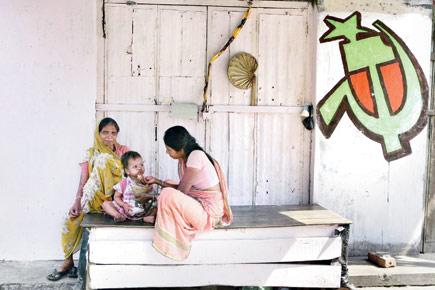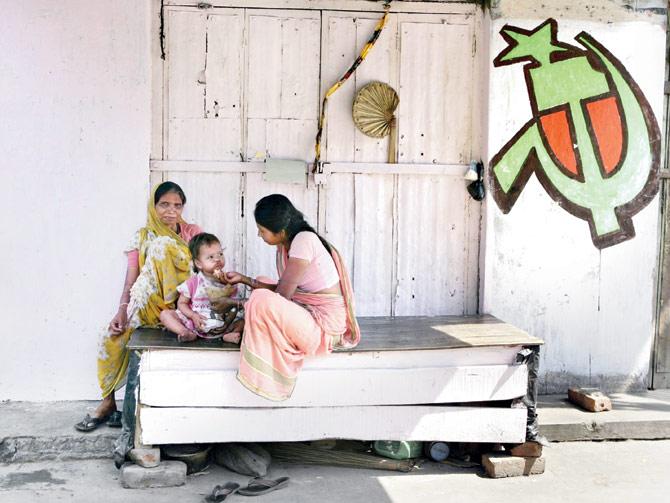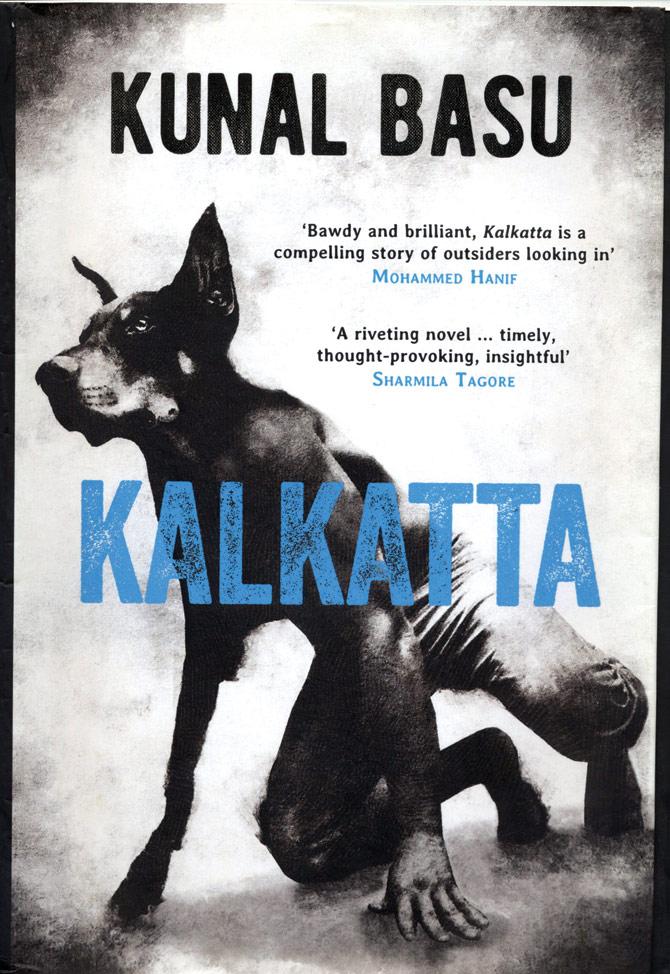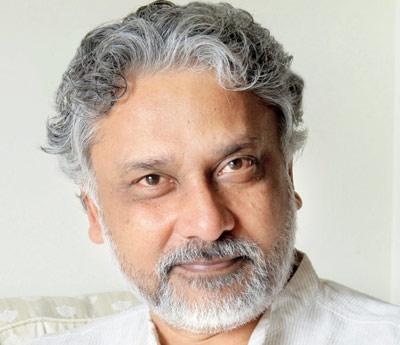Kunal Basu's Kalkatta upsets the accepted imagery of the city while telling a riveting story from its heart

Kalkatta
![]() Kolkata, once Calcutta, has produced many writers, poets and filmmakers. So many, that often the city is imagined to belong to the intellectual middle class embedded in a world of art. Kunal Basu's new novel, Kalkatta, shatters that comfortable reverie by taking you to a place inhabited by vultures hovering around goat blood, waiting for meat. Around them live people, desperately wanting to belong to that imagined Kolkata, and ultimately become the real Kalkattawallah, as Basu puts it, and fall prey to vultures of aspiration. For this, Basu takes us to Zakaria Street.
Kolkata, once Calcutta, has produced many writers, poets and filmmakers. So many, that often the city is imagined to belong to the intellectual middle class embedded in a world of art. Kunal Basu's new novel, Kalkatta, shatters that comfortable reverie by taking you to a place inhabited by vultures hovering around goat blood, waiting for meat. Around them live people, desperately wanting to belong to that imagined Kolkata, and ultimately become the real Kalkattawallah, as Basu puts it, and fall prey to vultures of aspiration. For this, Basu takes us to Zakaria Street.
ADVERTISEMENT

Kalkatta throws light on the influence of the Communist party on the city. Pic/AFP
"My lead character, Jamshed Alam, Jami, was brought to Kolkata at an early age from Dhaka by his parents. Quite naturally, they chose a part of the city — Zakaria Street — where they could find shelter among a population of Non-Bengalis gathered from far and wide; where their illegal presence would go unnoticed and unchallenged," he explains.
And this part of the city doesn't resemble Kolkata at all. "Perhaps a Baghdad or a Cairo, smelling of attar and slaughtered animals. Under a sky dotted with colourful kites and swooping vultures, one can hear the frequent call of Azan and temple bells," reveals Basu. To write about this world was of considerable challenge to Basu who admits, "Zakaria Street was like an alien planet to me. But Jaigovind Indoria, a social worker who had made his home there, offered to share his friends and stories with me."

Kalkatta, Kunal Basu, Picador India, Rs 599.
The informant
And thus began Basu's journey of exploring the fascinating lives. He interacted with an ex-contract killer, a shopkeeper who had lived through the 1946 riots, and an imam with whom he had a lively chat about Salman Rushdie. "With Jaigovind-ji as accomplice, I invaded homes, drank tea, thumbed through family albums, climbed narrow stairs to the roofs for a sneak into the nearby brothels. I wonder what Jaigovind-ji will make of my novel, but I can see him clearly, perched on a bench in Zakaria Street and telling his friends about me — a writer who had left Kolkata to come to Kalkatta," he says.
Politics
Kalkatta is set in the contemporary city, tracing the influence of the Left on the lives of the inhabitants. It all changes post the historic change of guard in the government. This, Basu points out, is because Kolkata is inseparable from politics. "The fall of the Left wasn't simply a regime change but a radical shift in the power balance in every locality. Those who were once imperious were reduced to non-entities. Some of their supporters had to renegotiate loyalties in order to preserve life and livelihood. I wanted Kalkatta to reveal this twilight zone between the public and the personal," explains Basu.

Kunal Basu
The voice of Jami
The narrator of Kalkatta is twice refugee, Jamshed — a Bihari Muslim, whose grandparents fled to Bangladesh and his parents came back to Kolkata — whose voice remains consistent and strikingly genuine. Basu compares the process of achieving that to method acting. "I told myself that I had to become Jami to be able to see Kolkata as he would see it.
Writing this novel was a bit like method acting — becoming the character before playing him/her on stage or screen. It meant spending time in the company of young men like him, going to see football matches with them, hanging out at street corners, going to shady bars and a whole lot more," he elaborates. These corners, terraces, precariously dilapidated balconies and kite-interrupted skies emerge as you turn the pages of Kalkatta. We wonder if Kalkatta, too, could become a movie like Japanese Wife. Basu, however, denies that he had a film in mind while writing.
"I think visually. In order to write a story I must see it unfold before my eyes. Imagery is my dominant methodology and I operate with a director's eye for detail. But I don't write directly for cinema. If someone were to find this filmable, I would obviously be excited," he signs off.
 Subscribe today by clicking the link and stay updated with the latest news!" Click here!
Subscribe today by clicking the link and stay updated with the latest news!" Click here!






